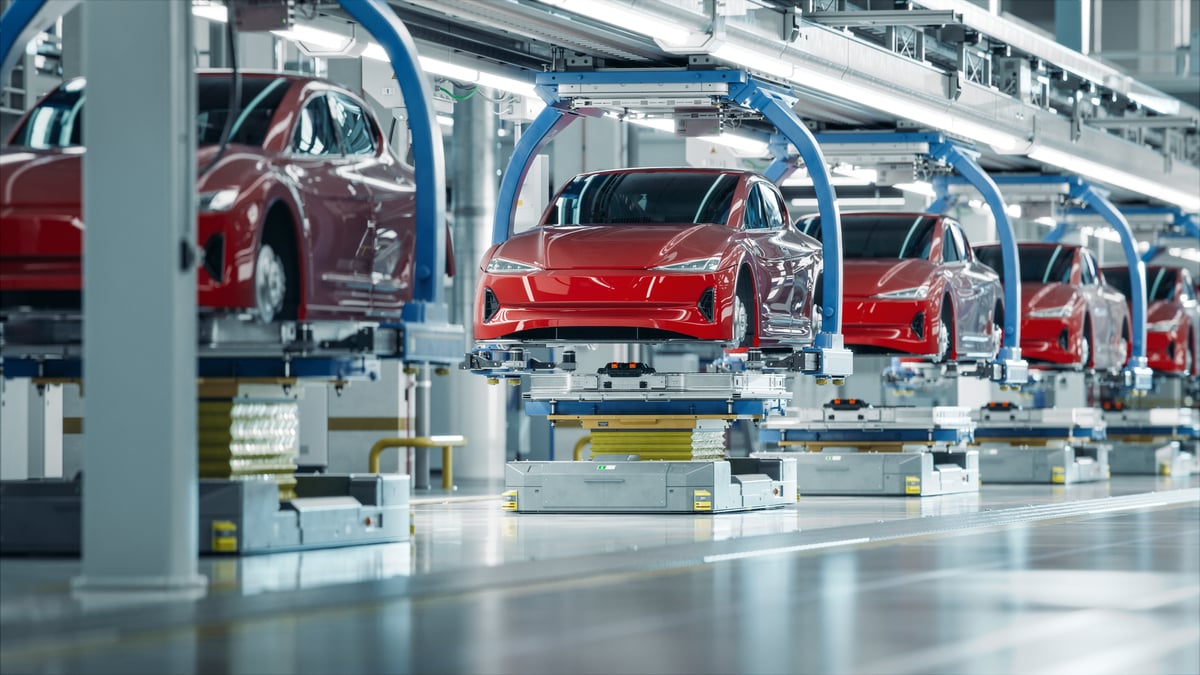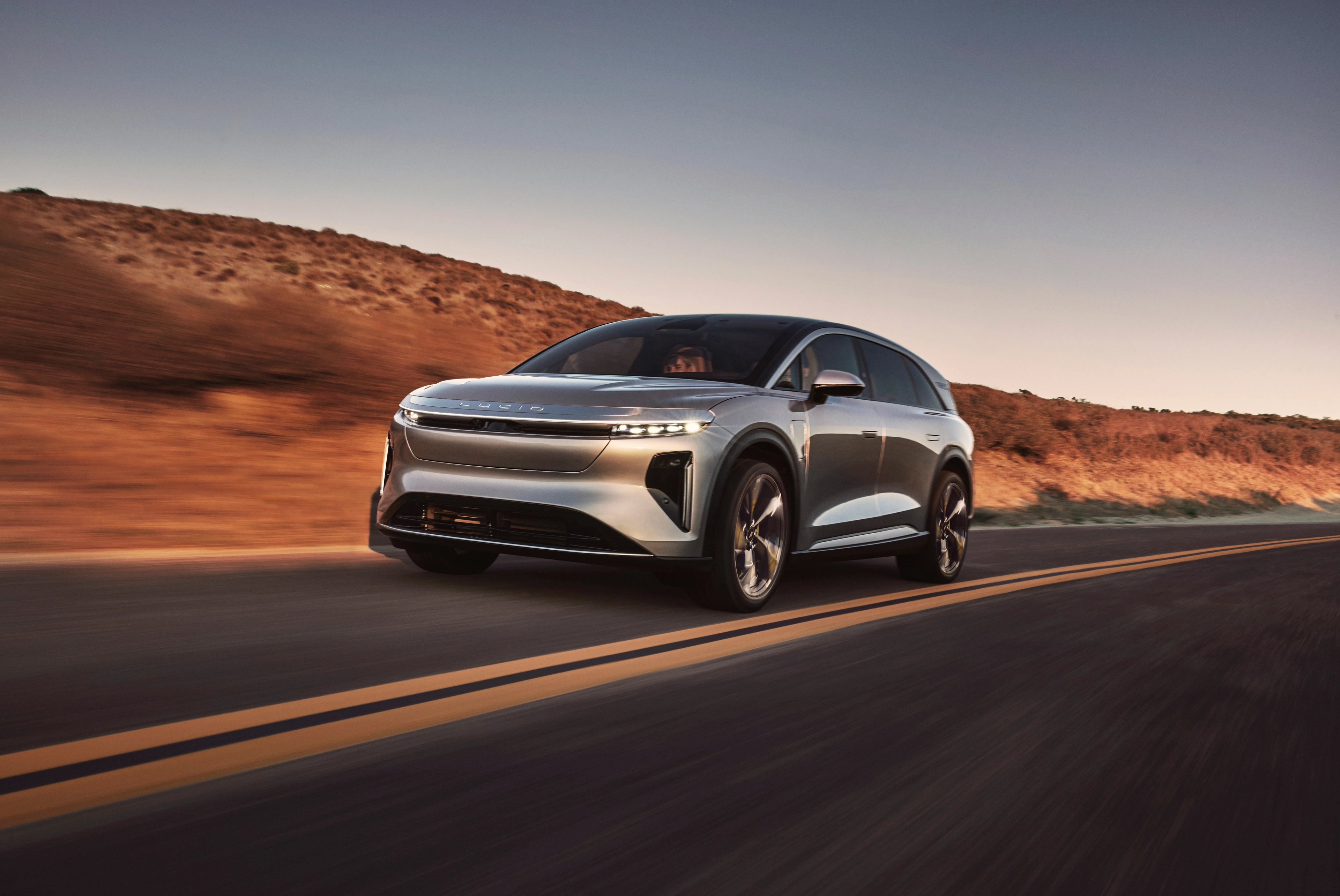It's a hard life in the electric vehicle (EV) industry right now. Fisker is at the end of its rope, Tesla generated its lowest profits in more than six years, Lordstown Motors and Arrival are in liquidation proceedings, Mullen Automotive and Canoo both said they had "substantial doubt" about their ability to continue as a going concern -- a standard term meaning they might not survive the next 12 months.
While Lucid Group (LCID 0.77%) appears to be in a better position than those aforementioned automakers, we might have forgotten just how far away it is from its promise to investors.
Over-promise, under-deliver
Let's rewind back to a 2021 Lucid investor presentation when the company forecast it would deliver 90,000 vehicles in 2024 worth a projected $9.9 billion in revenue. But thanks to slowing EV demand, a saturated high-end market for EVs, inflation, and high interest rates, Lucid will fall incredibly short of that goal.
In fact, fast forwarding to today, the company believes it will produce only 9,000 vehicles this year. And while the company's financials are moving in the right direction with a narrowing loss during the first quarter compared to the prior year and revenue growing 16% to $173 million, its full-year revenue will end up a fraction of the $9.9 billion it hoped to generate.
That said, many of the driving forces of Lucid falling short of its goals were outside of its hands, including "the worst supply chain disruption in history," among other variables just mentioned.
Yes, Lucid is far from where it hoped it would be when making projections in 2021, but here are some reasons to believe it still has a future while many of its EV competitors may not.

NASDAQ: LCID
Key Data Points
Down the road
One of the most important factors for EV companies facing a cash crunch is having liquidity. Using Fisker as an example, the company didn't even have enough cash to cover accounts payable at one point. Lucid, on the other hand, ended the first quarter with roughly $5.03 billion of total liquidity -- slightly more than the $4.78 billion it had at the end of 2023.
Lucid continues to burn cash at a high rate, but it should have liquidity to last more than a year until its circumstances and cash crunch put it anywhere near where its struggling competitors are. Further, Lucid was able to secure a $1 billion follow-on investment from an affiliate of Saudi Arabia's Public Investment Fund. This proves that some investors still buy into the company's future.
The EV maker also has an enticing product pipeline that should pave the way for increased revenue. First is the company's Gravity crossover, which is scheduled to launch later in 2024 and starts under $80,000. Beyond its Gravity crossover, the company has plans to drive into a more mainstream luxury market with even lower prices with a midsize platform.
The midsize platform is targeting a price tag of roughly $50,000 and the first vehicle produced on the platform is thought to be a crossover designed to compete with Tesla's Model Y. The reality is that Lucid needs its Gravity to do well and launch nearly flawlessly to get to 2026 when the lower-cost platform will launch.
What it all means
It's easy to look at the EV industry with much pessimism right now. Given that multiple EV start-ups are at the end of their rope or getting close, it's also easy to wonder if Lucid is the next Fisker. While it has many challenges, the company does have more liquidity than its competitors and a compelling product pipeline. For now, that's enough for investors to continue pouring dollars into the company and reason not to give up on the EV maker despite falling far short of where it hoped it would be in 2024.





